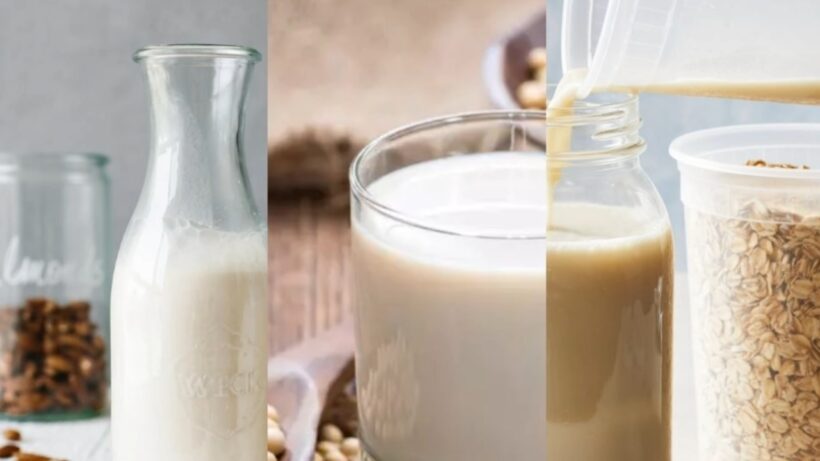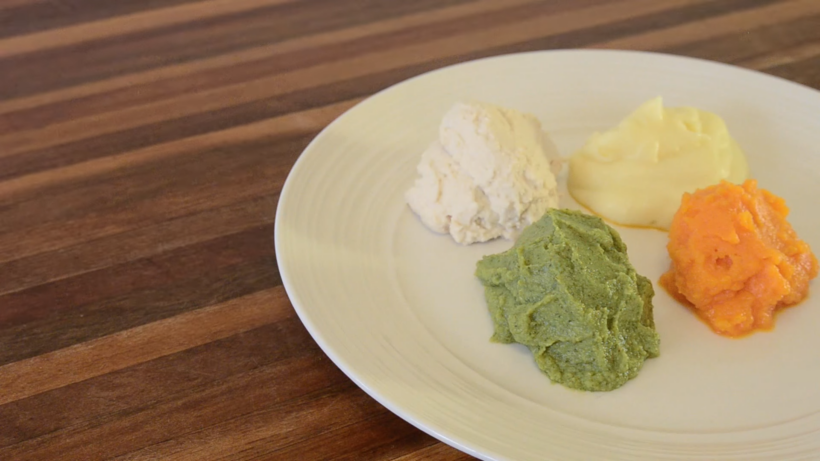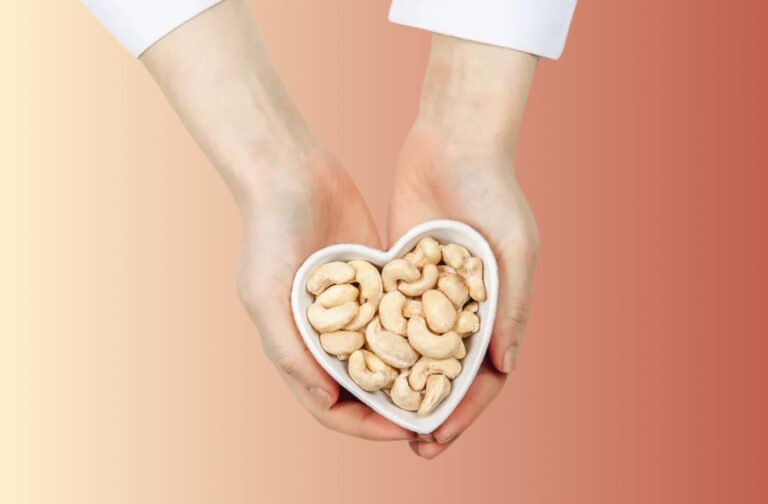Recovering from wisdom teeth removal involves more than just waiting for the wounds to heal. Your diet plays a crucial role in how quickly and smoothly you recover.
Immediately after surgery, your mouth will be tender, and eating your usual foods might not only be challenging but could also endanger your healing process. So, what should you eat to ensure a swift and safe recovery? Let’s explore.
Page Contents
- 1 The First 24 Hours: A Liquid Diet
- 2 Transitioning to Soft Foods
- 3 Foods to Avoid
- 4 Navigating Through Recovery
- 5 Importance of Nutrition in Healing
- 6 Tips for a Smooth Recovery
- 7 Dealing With Complications
- 8 FAQs
- 8.1 Can I Drink Coffee After Wisdom Teeth Removal?
- 8.2 How Long Should I Wait Before Eating Spicy Food Again?
- 8.3 Is It Normal to Lose Weight During Recovery?
- 8.4 Can I Eat Ice Cream After Surgery?
- 8.5 When Can I Start Eating Crunchy Vegetables Again?
- 8.6 Is It Okay to Drink Alcohol a Few Days After the Surgery?
- 9 Final Words
The First 24 Hours: A Liquid Diet

Immediately following your wisdom tooth removal, your diet should be exclusively liquid. Solid foods can cause harm to the surgical sites, leading to increased pain and the risk of complications.
For more detailed guidance on what to eat, drink, and avoid after wisdom teeth removal, as well as tips for a smooth recovery, click here to learn about the information and services tailored to dental health and post-surgery care.
For the first day, focus on consuming:
- Warm broth and bouillon: These provide nourishment without requiring any chewing.
- Smoothies and milkshakes: Packed with fruits, these can be both nutritious and soothing. However, remember not to use a straw, as the suction can disrupt the formation of blood clots that are essential for healing.
- Greek yogurt and pudding: These are excellent sources of protein and can feel soothing against your tender gums.
- Sherbet: A nice, cool treat that can help with swelling and pain relief.
Remember, using a straw or smoking can interfere with the healing process by dislodging the blood clots, so it’s best to avoid these for at least the first 48 hours.
Transitioning to Soft Foods
After the initial 24 hours, you can start introducing soft foods into your diet. Soft foods are easier on your mouth and still prevent any harm to the surgical sites. Your options include:
- Fruits and Vegetables: Bananas, steamed vegetables, and avocados are excellent choices. They’re easy to eat and packed with nutrients.
- Carbohydrates: Oatmeal, pasta, noodles, and soft bread can provide the energy you need without stressing your mouth.
- Proteins: Eggs, tofu, beans, and cottage cheese are gentle on your mouth yet high in protein, aiding in the healing process.
- Dairy: Thinly sliced cheese and other dairy products offer calcium and protein, vital for recovery.
Foods to Avoid
Equally important as knowing what to eat is knowing what foods to steer clear of. Some foods can irritate the surgical site, disrupt the healing process, or even lead to complications. During recovery, avoid:
- Popcorn, nuts, and seeds: These can get lodged in the surgical sites, causing irritation or infection.
- Acidic and spicy foods: These can aggravate your wounds.
- Crunchy and chewy foods: Hard or sticky foods can apply too much pressure on the healing sites.
- High-sugar foods and drinks: These can increase the risk of cavities and slow down the healing process.
- Alcohol, tobacco, and nicotine products: These substances can interfere with healing and increase the risk of complications.
Navigating Through Recovery

The Stages of Recovery
Recovery from wisdom teeth removal typically follows a predictable pattern:
- Day 1: Stick to a liquid diet to avoid disturbing the surgical area.
- Days 2-5: Gradually introduce soft foods as your mouth begins to heal.
- Day 6 onwards: Slowly start reintroducing more solid foods as your comfort level improves.
Complications to Watch For
While most recoveries are smooth, some people might experience complications such as:
- Dry socket: This painful condition occurs when a blood clot fails to form or gets dislodged prematurely from the extraction site.
- Infection: Signs include fever, increased pain, and swelling.
- Nerve damage: Rare but possible, presenting as numbness or tingling in the jaw, lips, or tongue.
- Allergic reactions: Be mindful of any new medications or products you use during recovery.
Maintaining Oral Hygiene
Good oral hygiene is essential for preventing infection at the extraction sites. You can start gently brushing your teeth and flossing from day two or three, avoiding the surgical sites initially. Rinse your mouth with salt water or a prescribed oral rinse to keep the area clean.
Importance of Nutrition in Healing

Nutrition plays a pivotal role in healing after wisdom teeth removal. The body requires a variety of nutrients to repair tissues, reduce inflammation, and fight off any potential infections.
Protein, vitamins (especially vitamins C and A), and minerals (like zinc) are fundamental in this process. Ensuring your diet includes foods rich in these nutrients can accelerate your recovery.
What to Drink?
Hydration is key to recovery. Water, of course, is the best option, keeping you hydrated without irritating your mouth. Herbal teas can be soothing, but ensure they’re not too hot, as extreme temperatures can aggravate your wounds.
Nutrient-rich broths and soups (not too chunky) also contribute to your fluid intake, offering both hydration and nourishment.
Tips for a Smooth Recovery

- Ice Packs: Applying ice packs to your cheeks in the first 48 hours can help reduce swelling and numb the pain.
- Elevate Your Head: When resting or sleeping, keep your head elevated to reduce swelling.
- Follow Your Dentist’s Advice: Adhere strictly to any prescribed medication and the care routine suggested by your dentist or oral surgeon.
- Patience is Key: Every person’s body heals at its own pace. Give yourself time to recover and don’t rush the healing process.
As your mouth heals and you feel more comfortable, you can start to reintroduce more solid foods back into your diet. Start with softer, easier-to-chew foods and gradually work your way up to your regular diet. Pay attention to how your body responds.
If you experience pain or discomfort, take a step back to softer foods and give yourself more time to heal.
Dealing With Complications
Despite your best efforts, complications can arise. If you experience severe pain, swelling that worsens after a few days, signs of infection (such as pus or fever), or any other concerning symptoms, contact your dentist or oral surgeon immediately.
Prompt attention to complications can prevent more serious issues and ensure a smoother recovery.
FAQs
Can I Drink Coffee After Wisdom Teeth Removal?
It’s best to wait 48 hours before drinking coffee. Caffeine can increase swelling and interfere with the healing process.
How Long Should I Wait Before Eating Spicy Food Again?
Wait at least a week before reintroducing spicy foods to avoid irritating the surgical sites.
Is It Normal to Lose Weight During Recovery?
Yes, it’s common to lose a little weight initially due to a restricted diet, but your weight should stabilize as you return to normal eating habits.
Can I Eat Ice Cream After Surgery?

Yes, ice cream can be soothing post-surgery, but choose varieties without nuts or chunky additives to avoid irritation.
When Can I Start Eating Crunchy Vegetables Again?
Wait until you’re comfortable chewing without pain, typically around 2 weeks, before reintroducing crunchy vegetables.
Is It Okay to Drink Alcohol a Few Days After the Surgery?
It’s advisable to avoid alcohol for at least 72 hours after surgery as it can delay the healing process and increase the risk of complications.
Final Words
Recovering from wisdom teeth removal requires patience and care, particularly when it comes to your diet. By sticking to a liquid diet initially and then transitioning to soft foods, you can aid your recovery process significantly.
Remember to avoid foods that can harm your healing wounds, and maintain good oral hygiene practices. With these steps, you’ll be on your way to a swift and smooth recovery.















